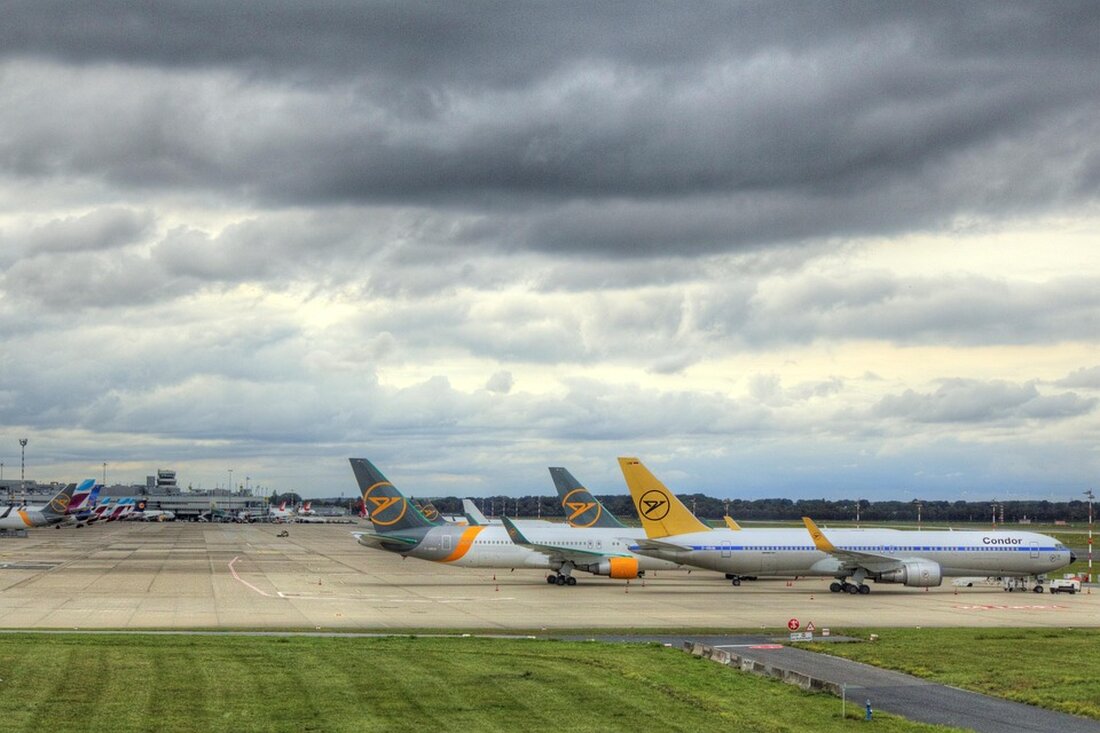Tourism crisis: Travel warnings for Arabia hit Germans hard!
Travel warnings from the Foreign Office affect numerous German travelers in the Middle East; Current security situation and affected countries in focus.

Tourism crisis: Travel warnings for Arabia hit Germans hard!
The Iran-Israel conflict has a significant impact on tourism in the region, which affects the travel of many Germans to the Arab region. Popular destinations such as Egypt, Tunisia and the United Arab Emirates are currently the focus of travel changes and uncertainty. The Report from Schwäbische Post informed that the Foreign Office has therefore issued various travel advice, safety information and travel warnings.
International aviation will be severely affected; many important flight routes are blocked, leading to cancellations and delays. While some travel agencies such as Demirtas in Aalen have no problems with cancellations or rebookings, as trips to the Arab region are typically booked for the winter, Ellwanger Studienreisen complains about a high number of customers who want to rebook. However, options are limited as many destinations are already fully booked or prices have increased.
Current travel warnings and security situation
There is a tense security situation in the region, which also affects the travel warnings from the Foreign Office. A special travel warning applies to Israel because the situation is described as “extremely tense”. German citizens who are in Iran are asked to leave the country. Travel warnings are also currently in effect for other countries in the region such as the United Arab Emirates, Saudi Arabia and the Palestinian territories Tagesschau reports.
The security situation in Israel has led to a state of emergency and the population is urged to stay indoors close to shelter options. This information comes at a time when thousands of Germans are in Israel and the German embassy in Tel Aviv - although closed - remains reachable by telephone. The embassies are in the process of informing registered Germans about possible exit options.
Return travel options and advice
A customer of the Gmünder travel agency Selcuk is stranded in Iran after his return flight was canceled. He had originally planned a flight for June 29, which Turkish Airlines can no longer serve. Another customer is in Iraq but was able to book a flight via Kuwait. Barbara Hammel-Martincic from the Lorch travel agency Globus noted a reluctance to make new bookings to the Arab region, while Karolina Müller from the Gmünder Tui travel agency noted that her customers are currently not showing any uncertainty.
Oliver Buttler from the Stuttgart Consumer Center explains that the financial compensation depends on the exceptional circumstances. The differences in the travel advice and warnings from the Foreign Office are of great importance for travelers. Travel advisories provide basic information on entry requirements, while safety advisories warn of country-specific risks. Travel warnings, on the other hand, indicate an acute danger to life and limb.
Overall, travel agencies are observing a tense situation that is impacting many people's vacation planning. The cautious booking policy and the uncertainty regarding return trips are understandable given the current security situation, and it remains to be seen how the situation will develop in the coming weeks.

 Suche
Suche
 Mein Konto
Mein Konto